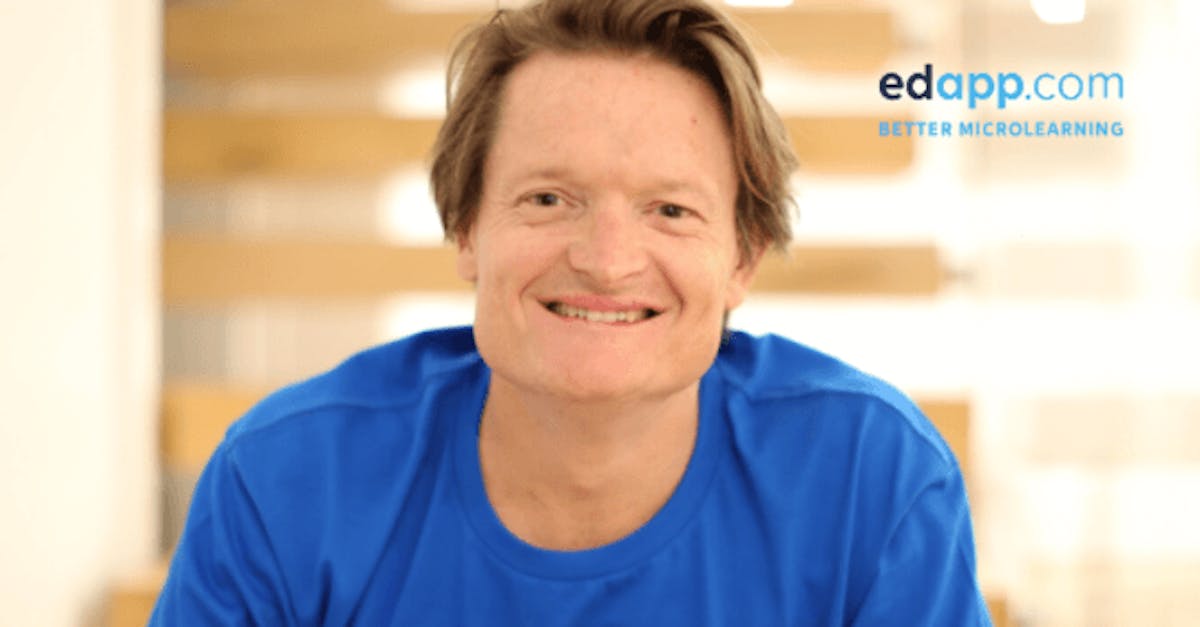How mobile technology will be key to reskilling the nation beyond COVID-19
Recently, I contributed a piece to The Australian addressing what role technology has in helping to rebuild skills after COVID-19. The pandemic has undoubtedly contributed to widespread consequences, and the article addresses what it means for Australians and particularly how technology can help rebuild the economic challenges that COVID-19 created.
Australia could be free from the nation-stopping grip of COVID-19 within weeks. With new infections plateauing and our response continuing to up, what seemed like an impossibility a month ago, could become a reality.
Part of the reason why we can be so bullish on our prospects is our ability to now trace the contracts of new infections almost instantly with the [Australian] government’s COVIDSafe app, greatly mitigating the impacts of a second or even third wave of COVID-19 hitting our shores.
Tallying almost 2.5 million downloads in a week, it’s a testament on how Australians are willing to get behind a technology that can help us solve real-world problems. How something as simple as an app can change the world for the better.
So rather than dwell on COVID-19, I think we should be looking into our future and the challenges that will emerge. Challenges that will shape livelihoods and in some ways could have more of an impact than this disease.
There are hundreds of Australians currently out of work. There are more that will inevitably lose their jobs as we attempt to restart the economy and recover from COVID-19. Jobs that existed before COVID-19 may not ever return.
The economic disaster is being likened to The Great Depression, where an estimated 20 per cent of the US population was unemployed and global gross domestic product (GDP) dropped by a staggering 15 per cent. For contrast, it only dropped roughly one per cent during the 2008 Global Financial Crisis.
Aside from government subsidy fo society – which can’t last forever – we don’t really have a way out of this impending crisis.
Mobile Technology
Much like the COVIDSafe app, I think technology will once again come to the rescue, but not in the way that we may expect. And the United Nations Institute for Training and Research agrees. Last week, we jointly launched a new initiative called Educate All. It’s a free, global education initiative aimed at upskilling and reskilling workers for the new economy. Our initial aim was to create a platform that will help democratise adult education, tying into a 2030 Sustainability goal from the United Nations. But with the platform launching during the pandemic, we now believe it will play a greater role in our global economic recovery.
Workers around the world will need to re-skill and retrain in response to this crisis. We will need to do so at an unprecedented scale, and the Educate All library makes this possible.
What we need, in order to make our plan work, is for companies to help us populate this platform with their expertise. While we understand it is a difficult time for many companies to spare resources, for this idea to work we need collaboration.
Many organisations sit on skill sets or knowledge that could help society rebuild. What’s considered obvious for one company, may be groundbreaking for others. By working with companies around the globe, we aim to create a library of skill-based learning that will help any displaced worker retrain for new roles.
Since launching, we’ve already had companies approach us, creating content to assist others during the pandemic. Emergency services not-for-profit Code 9 is creating courseware on mental resilience for frontline workers, specializing in psychological first aid. We have multinationals looking at what courseware they have that can help entire industry segments recover post COVID-19.
Boiling this down, much like the government’s plea behind the COVIDSafe app, we are calling for your support. If you are able, and have insight you can share, help us build a library that will facilitate the biggest skill shift in history, and stave off the dire effects of a prolonged economic downturn.
This article was published on May 1, 2020, in The Australian.
Author
